9:00 – Registration coffee/tea and networking
(Lobby, Pavillons Lassonde)
10:00 – Opening of the T.I.M.E. Conference: Welcome Address
(Auditorium M-1010, Pavillons Lassonde)
- Maud Cohen, President Polytechnique Montréal
10:15 – Polytechnique Montréal Overview
(Auditorium M-1010, Pavillons Lassonde)
- Jacqueline Wallace, Vice President, Communications, External Relations and International Affairs
- François Bertrand, Vice President Research and Innovation
- Pierre Langlois, Vice President, Academic Affairs and Student Experience
11:00 – Perspectives from Engineers of Tomorrow
(Auditorium M-1010, Pavillons Lassonde)
- Bérénice Dubois, Computer and Software Engineering Master’s Student, Polytechnique Montréal
- Anouar Boumeftah, Electrical Engineering Graduating Student, Polytechnique Montréal
- Sébastien Hally, Associate at McKinsey & Company, Nairobi County, Kenya
The interview will be introduced by Pierre Langlois, Vice President, Academic Affairs and Student Experience and conducted by Christian Merciari, Communications Advisor, Polytechnique Montréal
11:45 – Break
(Lobby, Pavillons Lassonde)
12:00 – Keynote Speaker: Prof. Olivier Bégin-Caouette, Université de Montréal
Internationalization of Higher Education: Lessons from the Past, Paths for the Future
(Auditorium M-1010, Pavillons Lassonde)
13:00 – Buffet lunch and networking
(Lobby, Pavillons Lassonde)
13:45 – Healthy walk on the mountain (optional)
(Meeting point: Main entrance, Pavillons Lassonde)
14:30 – Forum: The impact of International Mobility on Engineering Students
(Atrium (3rd floor), Pavillons Lassonde)
This session will use a World Café format to discuss the impact of international mobility on engineering students. We'll explore 3 dimensions: personal experiences, skills development, and contributions to global challenges, emphasizing its importance for future engineers. The forum will be introduced by Isabelle Villemure, Director of Engineering studies and moderated by Judith Cantin, Director of the Center for Teaching and Learning, Polytechnique Montréal
17:30-19:30 – Cocktail Networking/Social programme 1
(Galerie Rolland (6th floor), Main building)












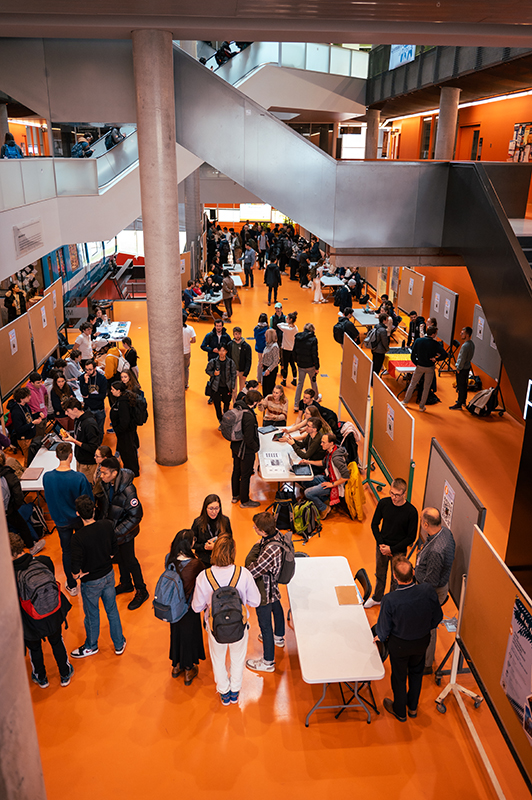
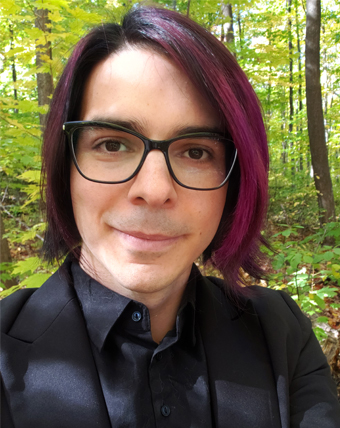
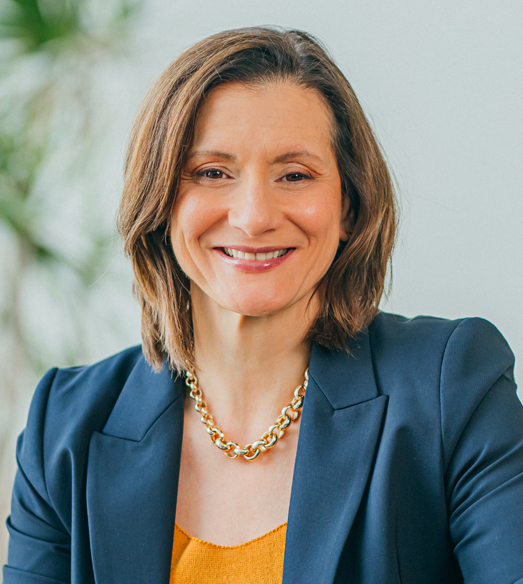
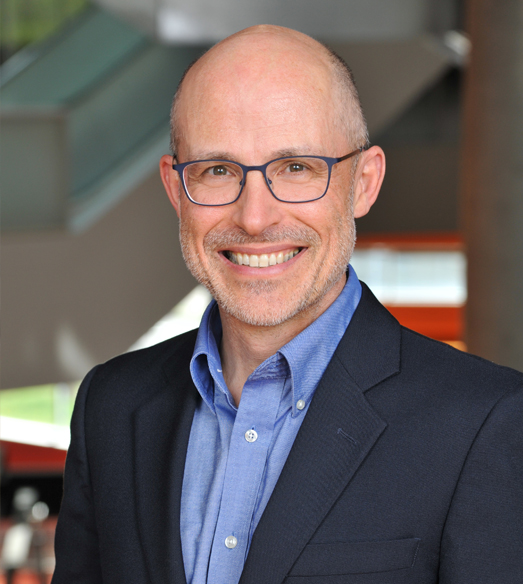
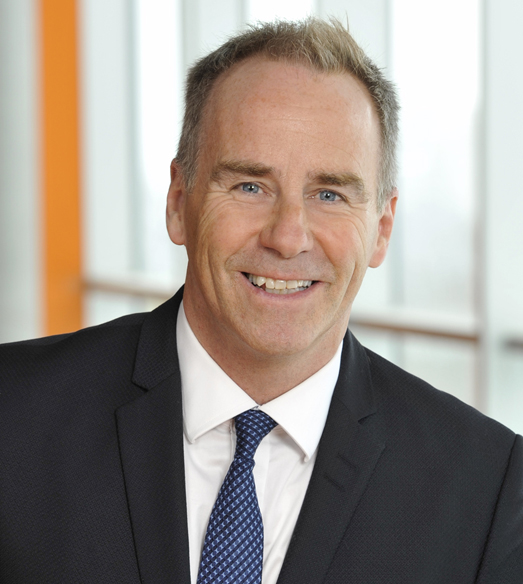
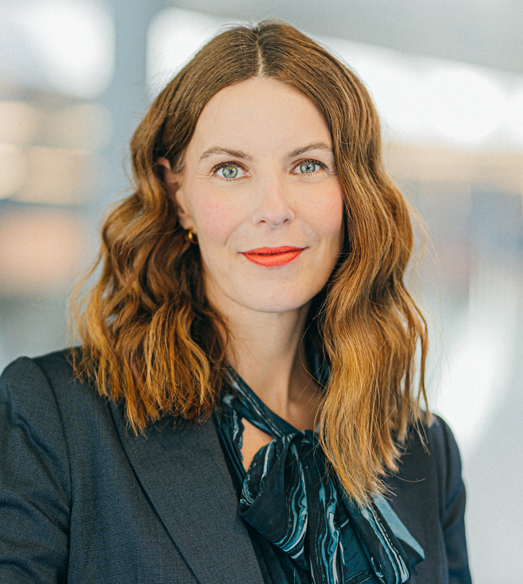
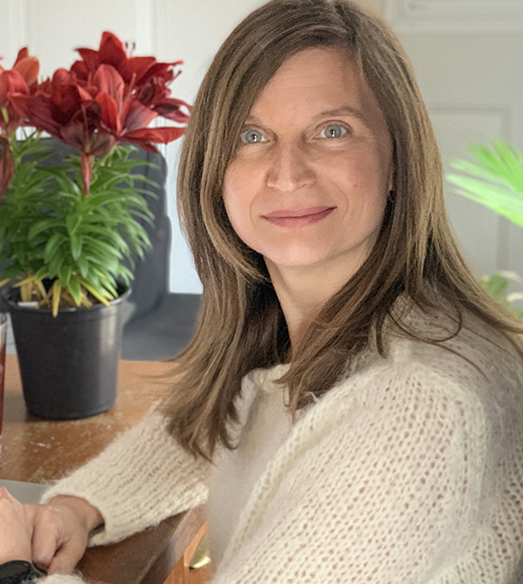
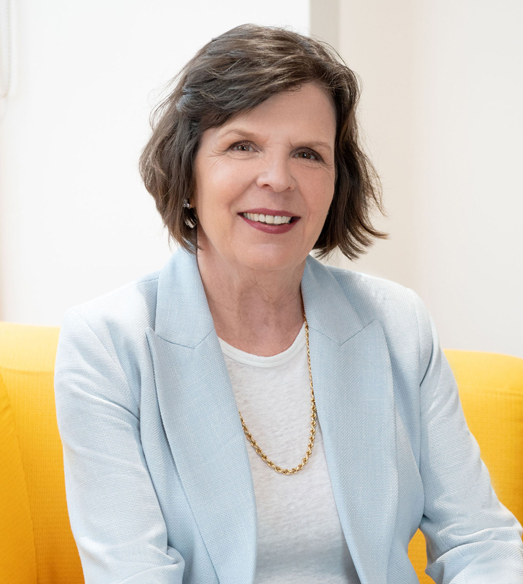
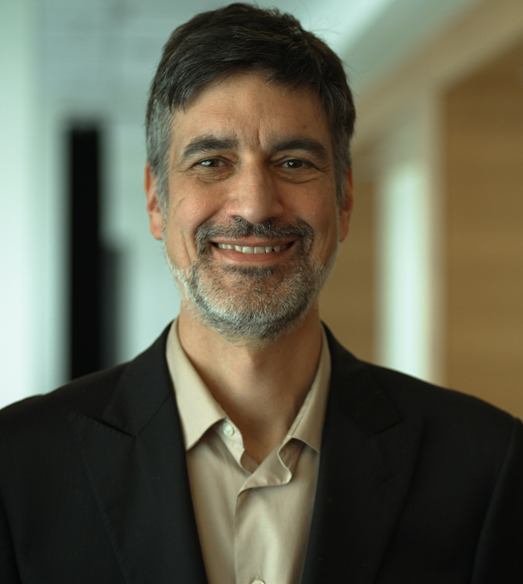
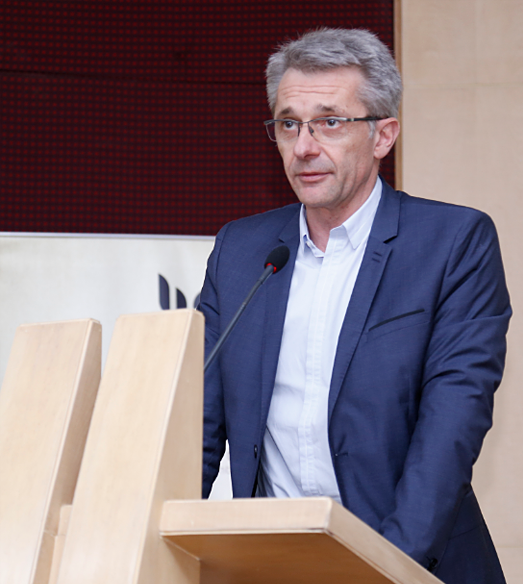
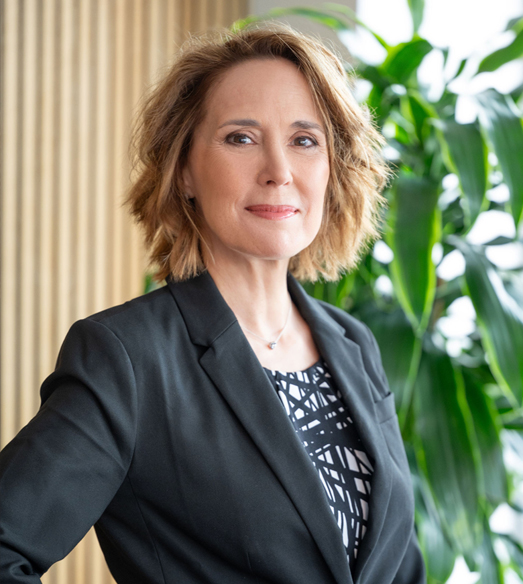
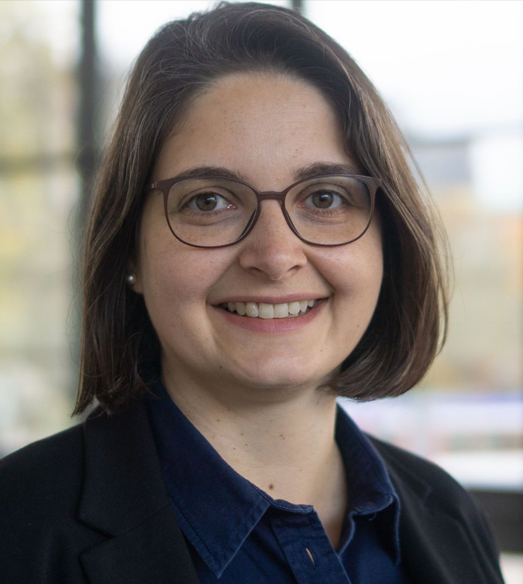
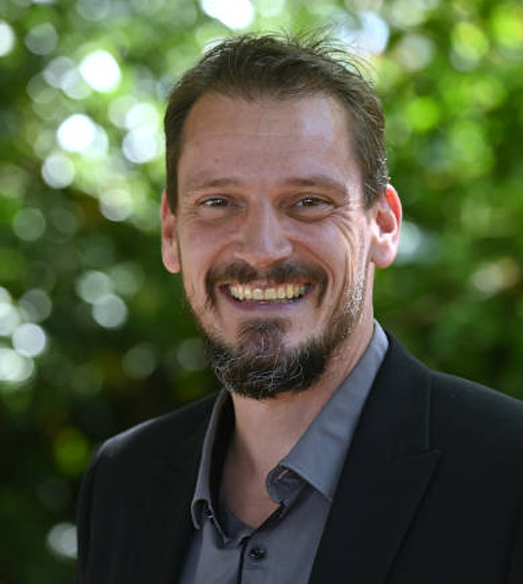
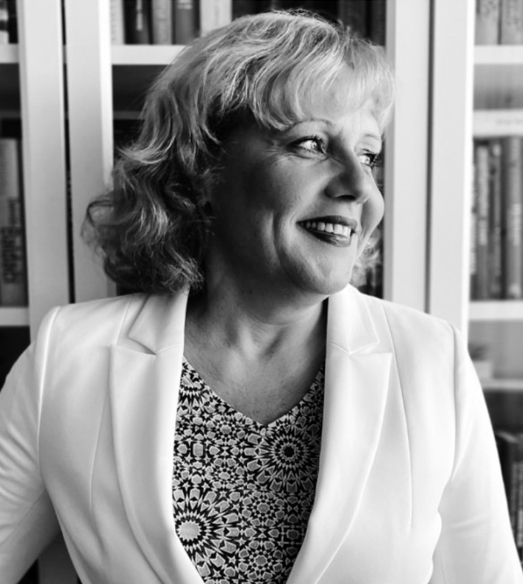
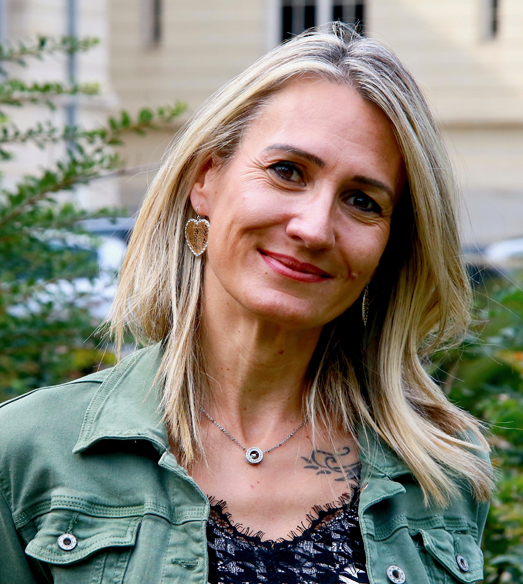
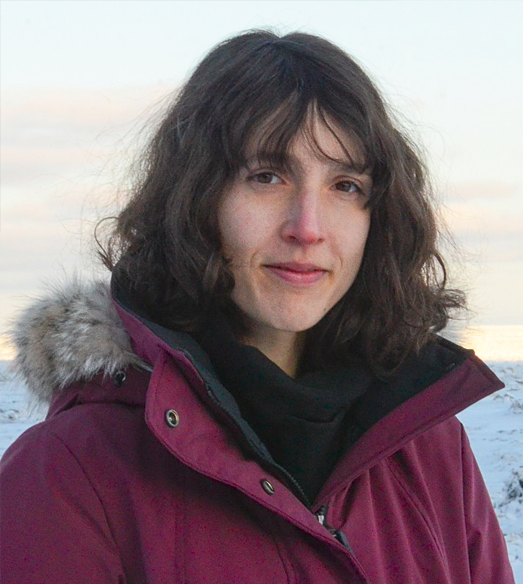
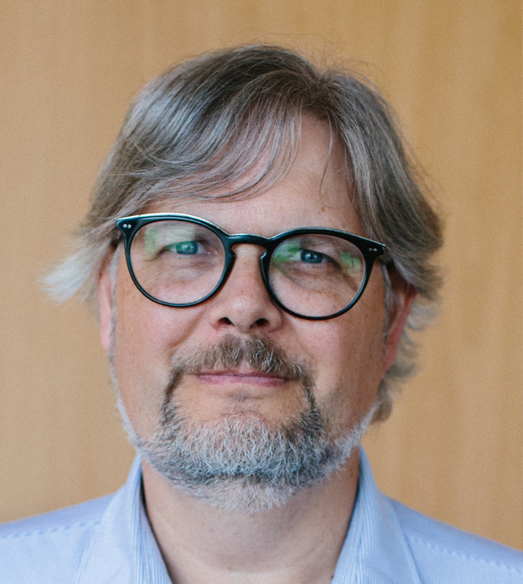

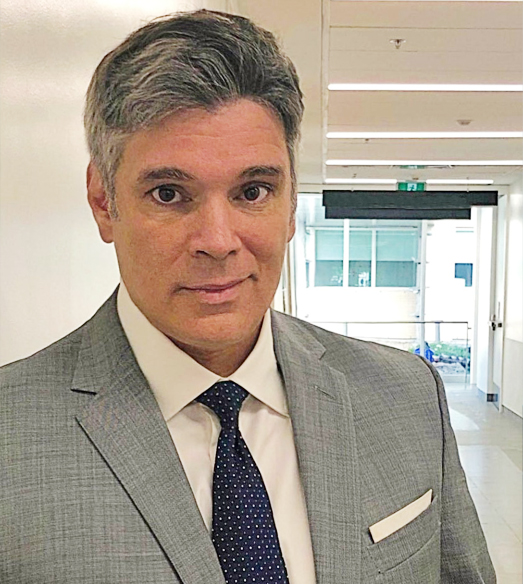
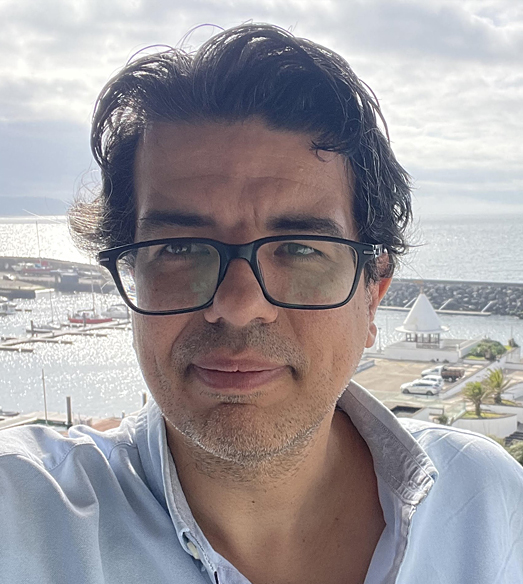

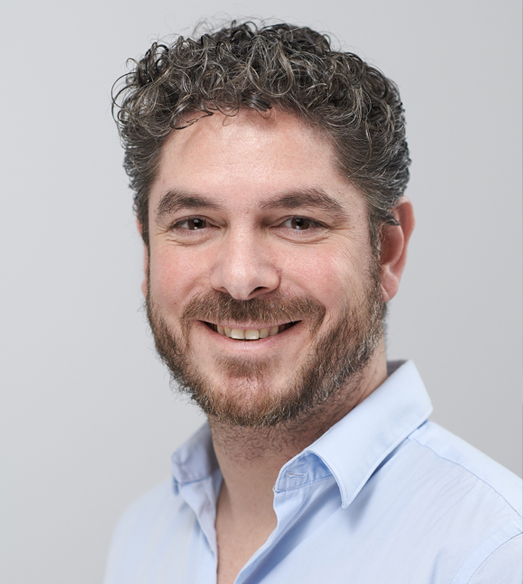
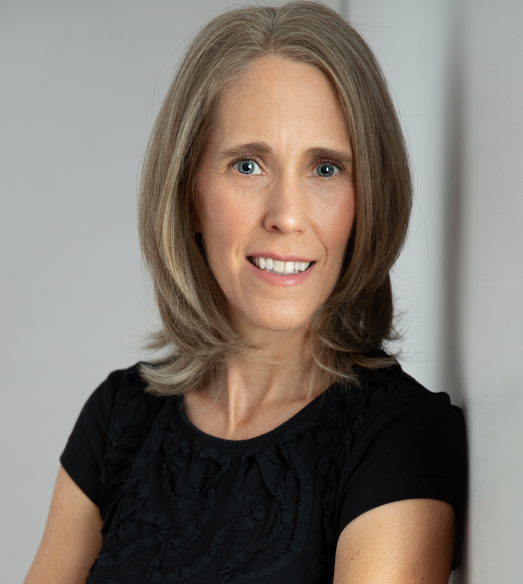
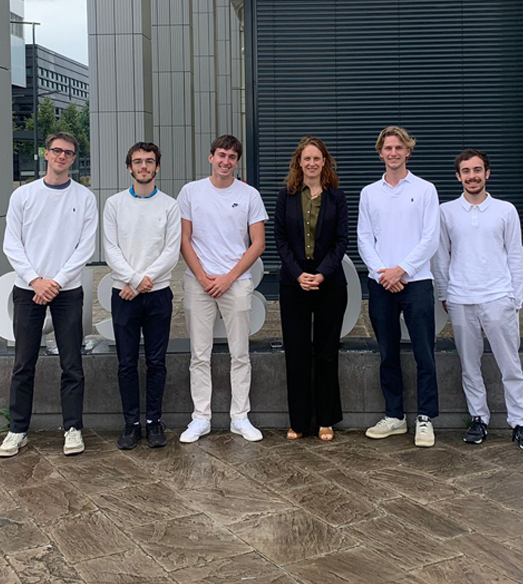
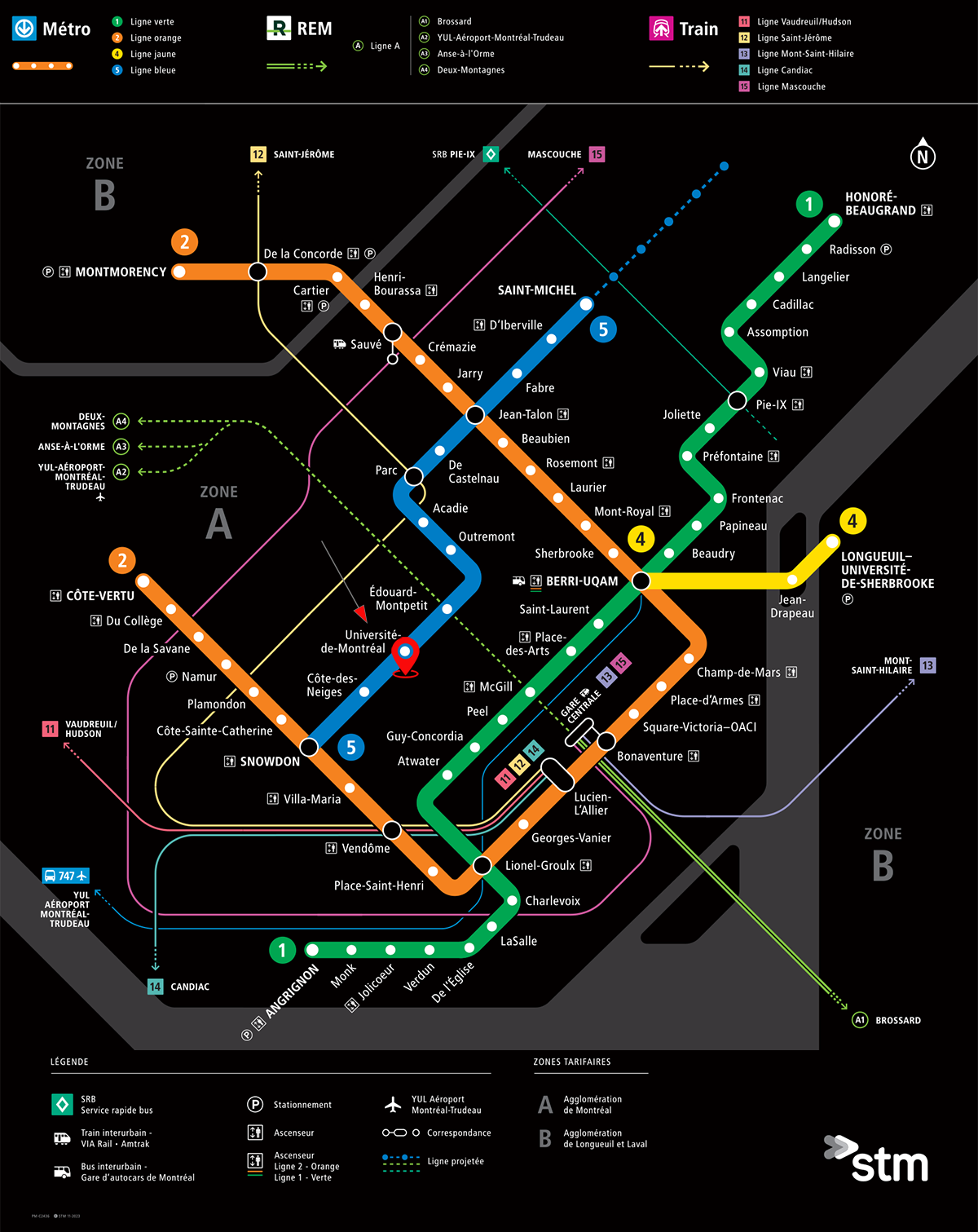
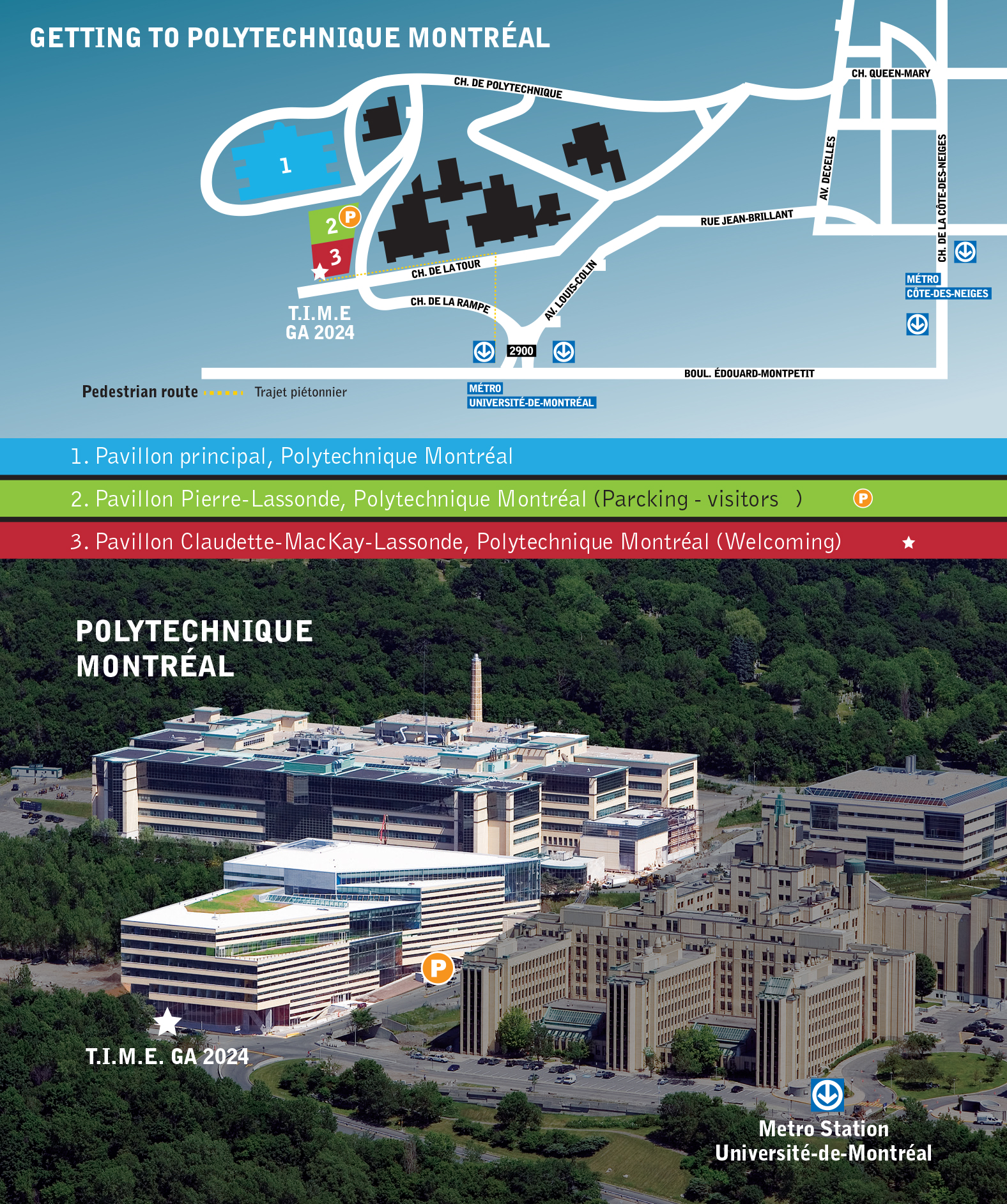
 Walking around the Old Montréal and Old Port Area
Walking around the Old Montréal and Old Port Area


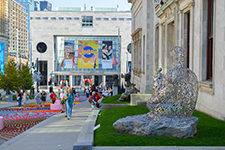
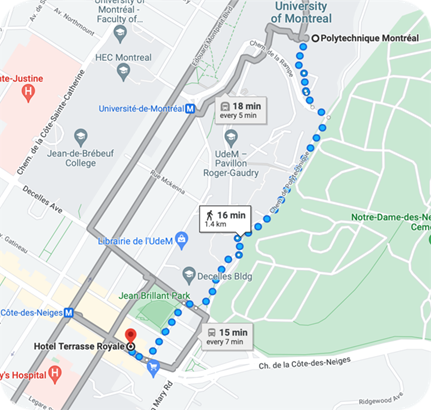 Hôtel Terrasse Royale
Hôtel Terrasse Royale







